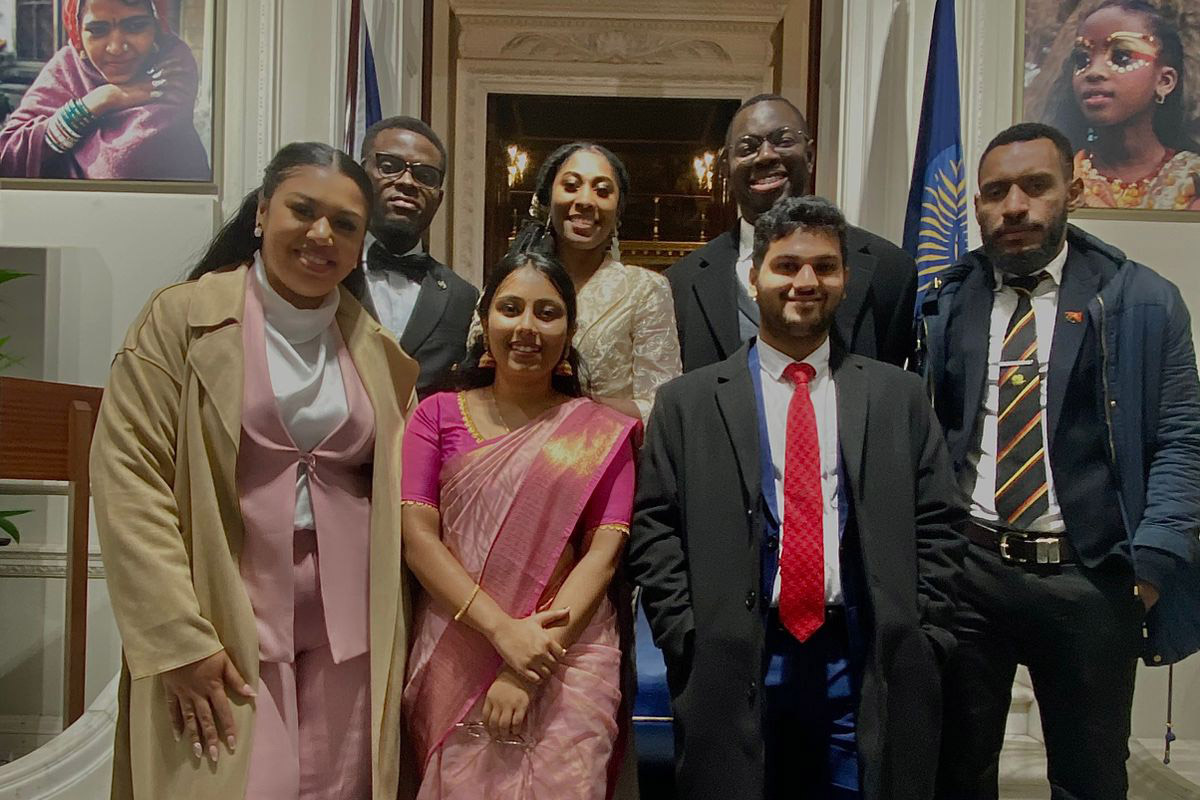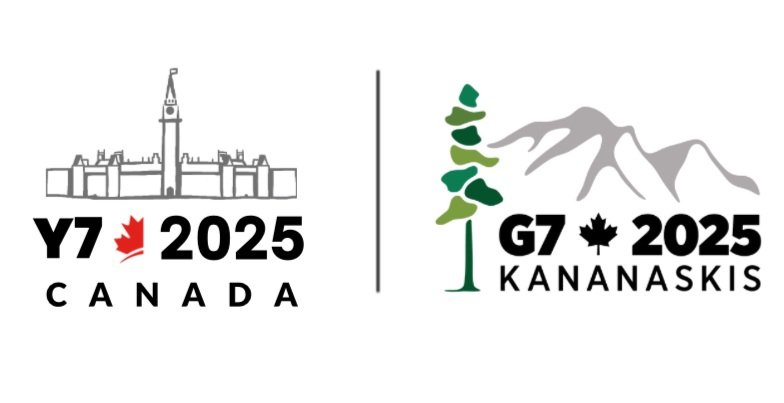Peace is the presence of inclusion
February 8By Terez Lord, CYPAN Trinidad and Tobago
It is from a space of conviction and sheer gratification that the Commonwealth Youth Peace Ambassadors Network (CYPAN) asserts its unwavering support of the Commonwealth Youth Council’s (CYC)’s “I Am Able” campaign.
The seeds of what bloomed into a grown-breaking and resoundingly fruitful project were planted in the fertile soils of the Commonwealth Youth Forum in Kenya, 2016. This campaign has had tremendous impact in all four regions of the Commonwealth with significant presence in Kenya, India, the United Kingdom and now, Antigua.
The agility of the momentum that this youth-led movement has established in merely one year, in conjunction with the clear sense of purpose with which it has been executed, points the 1.5 billion youths of the Commonwealth to optimistic and comforting space to affect change positively, expeditiously and purposefully.
The campaign seeks to annihilate the culture of marginalisation and eradicate the rampant discrimination against persons with disabilities (PWD) in the Commonwealth. It further seeks to sensitise the world about the abilities of PWD, thereby denouncing existing stereotypes and myths perpetuated by generations of ignorant minds.
It specifically addresses economic empowerment of PWD, particularly youths, by encouraging employers to promote inclusiveness in the work place. Its multi-prong approach facilitates engagement between PWD, civil society organisations, the private and public sectors as well as the general public. It calls for humanity to act with humanity, not seeing PWD through distorted lenses and misguided labels, but rather seeing them as persons, who are very
much able.
The CYPAN upscales and optimises Pan-Commonwealth efforts to promote peace, respect and understanding and prevent violent extremism. Though similarly supported by the Commonwealth Secretariat, CYPAN is an entity separate and apart from the CYC. However, our fundamental values are shared. We correspondingly emphasise and embrace youth empowerment and youth partnership by espousing a model of dialogue, respect and understanding in cultivating sustainable peace.
Commonwealth countries are strongly united by language, history and culture, and the values of peace and human rights. Often, these said values or the paucity of same are used to divide us. For sustainable peace, respect and cross-ideological understanding must find its place. Youths of diverse demographics and abilities must come together across differences for peace. It is on this backdrop the CYPAN unequivocally supports the “I Am Able Campaign.”
Inclusivity, equality, empowerment, respect. The CYPAN highly upholds the values on which this campaign is premised, because one cannot hope for sustained peace omitting the concerns of or marginalising any group or sector in society – with or without disabilities.
Indeed, this campaign has provided a forum in which a new dimension of conversations has been engendered, and the CYPAN is fortunate to have added its voice. It has allowed us to add a unique perspective on the rights of PWD, specifically dissecting how peace, respect and understanding are promoted, when the plights of PWD are known, when their rights are observed and when the state and citizens therein treats them with the consideration they
deserve.
Accessibility is not a luxury, it is a necessity. It would be a pronounced showing of respect and inclusivity if nations and communities are built fully accessible. Accessibility refers to the deliberate design of products, devices, services and environments for PWD, taking into consideration obstructions which may exist such as anything that protrudes or poses a hindrance in a path of travel.
Accessibility means inclusion, which directly translates into the establishment and maintenance of holistic peace between PWD and the society at large. A nation which advocates for respect and inclusion would, in its communities, ensure the establishment of proper curb and building ramps for easy transition between the sidewalk and the street, the pedestrian crossing, and also in the vicinity of building entrances.
Those communities would ensure the existence of lifts in every building enshrined in its building code, and take heed of the size of entrances and doors for easy passage of wheelchairs, canes and other aids.
As long as these considerations are exercised, it would catalyze the creation of a culture of respect for PWD, naturally and subconsciously transferable to all groups and stratus of society, which in itself promotes peace.
The CYPAN believes that any group that is marginalised in a society is clearly disregarded and disrespected by the policy makers and decision makers of that nation. The result of this contempt at the highest and most critical level is the transmission of identical sentiments at the levels beneath – the citizens within would also act and think similarly. In a practical sense, the failure of the Ministry of Transport to provide ample accessible busses would make
natural the absence of specific lines for PWD at banks and would also make normal the causal parking of typical able-bodied persons in areas designated for PWD, regardless of the nature and length of their visit to the supermarket or establishment.
It would further mean that a PWD (which does not affect his ability to do the job) is rendered an unsuitable
candidate for a position because of his/her inherent disability. Exclusion at the highest level breeds exclusion at all lower. Deliberate inclusion at the highest level would make exclusion at the lower levels unnatural and unacceptable, and to be quite frank, illegal.
It means then, to promote sustainable peace, that the government has an obligation of inclusion as inclusion promotes resilient and peaceful societies. It sets a tone whereby anything short of deliberate inclusion and oneness would be nothing short of unacceptable.
It would be in a nation’s best interest to examine its environments and make intelligent and conscious adjustments for citizens with disabilities. The CYPAN has observed that the recognition and treatment of PWD is a cause for concern and immediate action. We advocate for the disruptive change of the current state of affairs for PWD starting with deliberate and holistic inclusion.
Indeed, inclusivity of PWD supports the shared progressive sustainable development agenda, particularly ensuring more peaceful and resilient societies. The shared goals of CYPAN and the CYC has been made manifest through the creation and execution of the, “I am Able” campaign. It has highlighted the need for respect through inclusion of PWD to promote peace.
Peace has been traditionally equated as the absence of war, however this campaign has illustrated that peace is the presence of inclusion.




